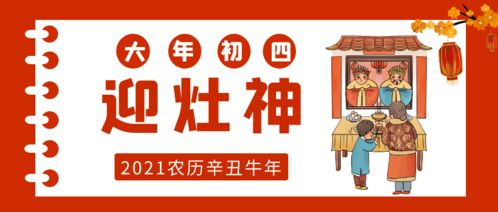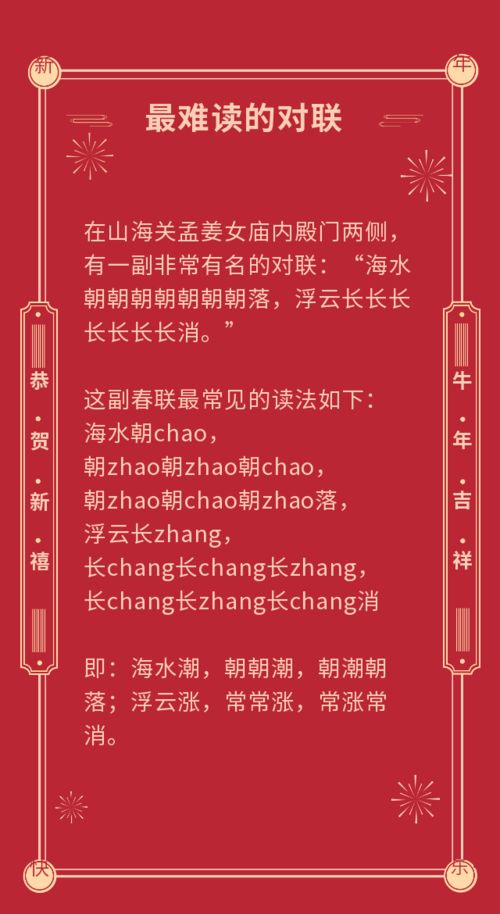
Spr

ing Festival or Chinese New Year is an important festival celebrated in China, attended by millions of people. It marks the beginning of a new lunar year and is usually celebrated in January or February. It is the longest and most important vacation in China, followed by the Lantern festival. Here are some cold facts about Chinese New Year that will surprise you.
1. The Zodiac Animal
Chinese New Year is named after the Zodiac animal of that particular year. According to the Chinese Zodiac, there are 12 animals in total. This year is the year of the Ox. According to legend, the animals got their spot on the list from a race- the first twelve to cross a river in a particular order. The rat came in first, somehow beating out the ox. The pig ended up last- and that’s why the pig is the 12th Zodiac sign.
2. The Red Envelopes
During the Lunar New Year, elders usually give red envelopes filled with money to younger family members. This practice is called “ya sui qian” in Mandarin, which literally means “money given to suppress ghosts.” The red envelopes usually contain an even amount of money, as an odd number is an unlucky omen. The monetary amount is meant as a blessing and wishes the recipient to be lucky for the rest of the year.
3. No Sweeping the Floors
Sweeping the floors during Chinese New Year is seen as bad luck. This tradition comes from the belief that sweeping could sweep away good luck, wealth, and prosperity. As such, it is important to clean your house before the Lunar New Year begins.
4. Spring Festival Gala
The Spring Festival Gala is an annual Chinese television variety show that airs on the eve of Chinese New Year. The Gala is a highly anticipated event in China and is watched by millions of people both in and out of the country. It features music, dance, comedy, and acrobatics performances, as well as skits and game shows. The show has been criticized for its emphasis on CCTV propaganda and its Western-style entertainment values.
5. Dumplings
People in China usually eat dumplings during the Lunar New Year. This is because the shape of the dumpling resembles ancient Chinese currency, which is believed to bring wealth and fortune to the family. Every dumpling contains a coin or a small piece of paper with a wish written on it. The person who gets the coin or paper with the wish is believed to be the luckiest person in the family.
In conclusion, Spring Festival is an important festival observed in China. It is filled with traditions and practices that have been passed down through generations. From giving red envelopes to eating dumplings, these traditions and customs convey various meanings, including peace, prosperity, and happiness. Understanding these cold facts can provide insight into the Chinese culture and help visitors appreciate the significance of this festival.